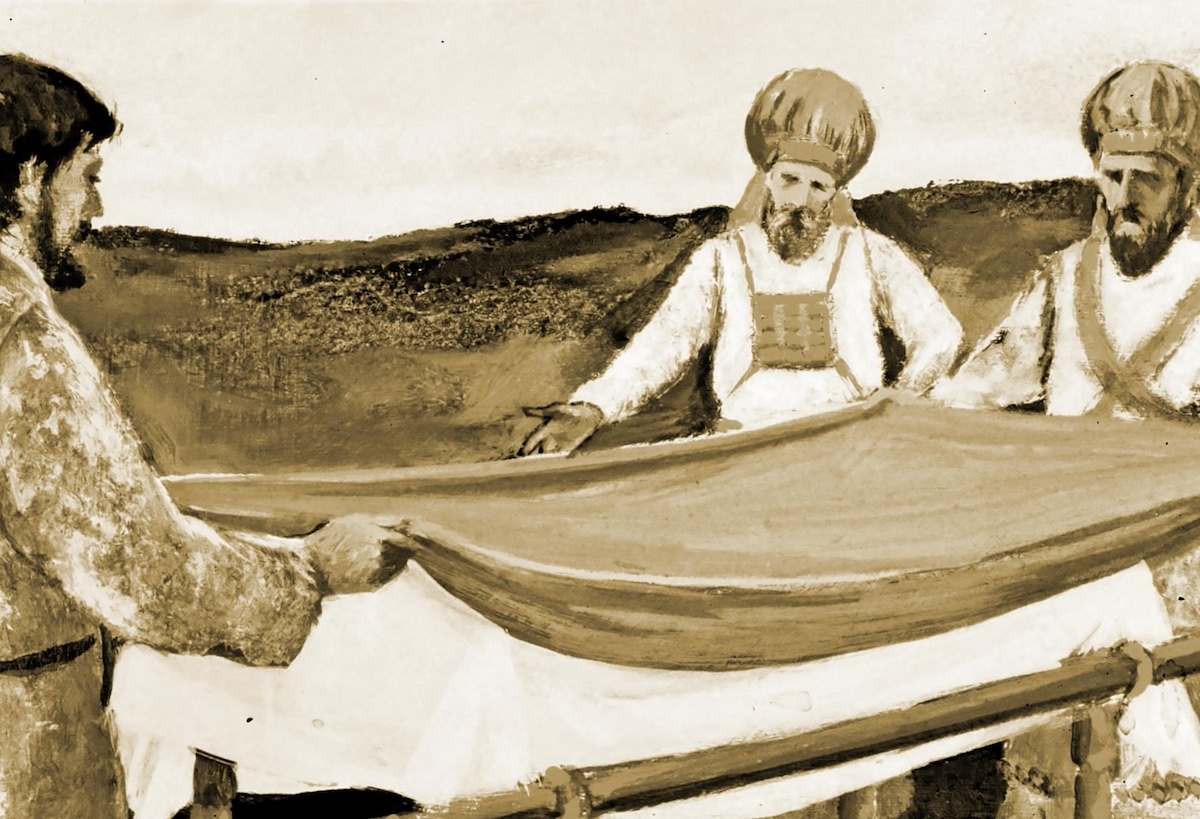Unveiling the Role of Levites in the Bible: Definition and Significance

The Levites hold a distinctive place in the biblical narrative, serving as a designated tribe within the ancient Israelite community with specific religious and administrative duties. To understand the significance of the Levites in the Bible, it is essential to explore their role, responsibilities, and historical context within the Israelite society as depicted in the Old Testament.
In the Bible, the Levites are descendants of Levi, one of the twelve sons of Jacob (Israel). According to biblical tradition, Levi and his descendants were set apart for sacred service to God, distinct from the other tribes of Israel. This designation is rooted in the account of Levi’s loyalty to God during the incident of the golden calf, where the tribe of Levi rallied to Moses’ side and executed judgment on those who had worshipped the idol (Exodus 32:25-29).
The definition of Levites in the Bible is primarily linked to their role as priests and assistants in the worship and rituals of the Israelite religion. The book of Exodus outlines the duties assigned to the Levites within the tabernacle, the portable sanctuary constructed by the Israelites during their wilderness wanderings. The Levites were responsible for the care, transportation, and assembly of the tabernacle, as well as assisting the priests (descendants of Aaron, also from the tribe of Levi) in performing sacrifices and maintaining ritual purity (Numbers 3:5-10).
Additionally, the Levites served as guardians of the law and instructors of the people, teaching them the statutes and ordinances of God. Moses instructed the Levites to read the law publicly every seven years during the Feast of Tabernacles, ensuring that all Israelites, including future generations, would know and obey God’s commands (Deuteronomy 31:9-13).
The Levites also played a vital role in the civil and judicial affairs of ancient Israel. They were appointed as judges, administrators, and officials in various cities and regions throughout the land. Their authority extended beyond religious matters to include matters of justice, welfare, and community organization (Deuteronomy 17:8-13).
Throughout Israel’s history, the Levites remained closely associated with the central sanctuary and the priesthood, even after the construction of the permanent temple in Jerusalem by King Solomon. They continued to fulfill their duties of service and worship, ensuring the spiritual well-being of the nation and preserving its religious heritage.
In summary, the Levites in the Bible represent a unique and significant aspect of Israelite society, embodying the ideals of devotion, service, and stewardship. Their definition in the Bible encompasses their role as priests, teachers, and leaders, guiding the Israelites in matters of faith, worship, and communal life. As custodians of God’s law and guardians of the tabernacle, the Levites stood at the forefront of Israel’s religious and cultural identity, leaving an indelible mark on the pages of biblical history.
